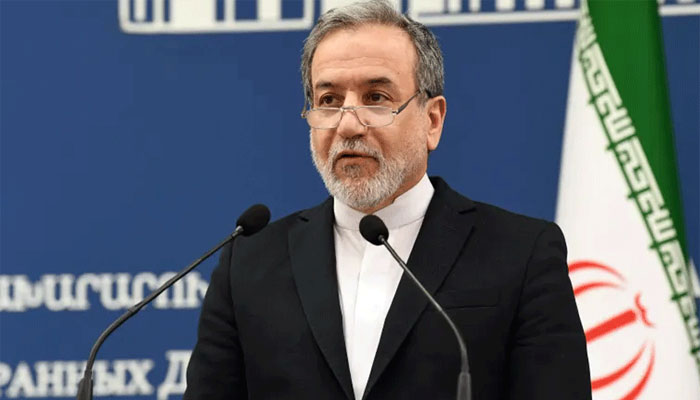Iran Halts Cooperation with IAEA After Snapback Sanctions by Europe
Foreign Minister Araghchi hinted that a final decision on Iran’s future cooperation with the IAEA would be made soon.
TEHRAN — Iran has announced that its cooperation with the UN’s nuclear watchdog, the International Atomic Energy Agency (IAEA), is “no longer relevant,” following the reimposition of international sanctions by European powers.
Iranian Foreign Minister Abbas Araghchi made the declaration on Sunday, stating that the recent Cairo agreement — aimed at restoring inspections and monitoring of Iran’s nuclear facilities — has effectively collapsed.
“The Cairo agreement is no longer relevant for our cooperation with the IAEA,” Araghchi said, referring to the deal signed last month after Iran had suspended cooperation in June in response to Israeli and U.S. strikes on its nuclear and military sites.
The development comes after Britain, France, and Germany activated the “snapback” mechanism under the 2015 Joint Comprehensive Plan of Action (JCPOA), reinstating UN sanctions on Iran. The European nations accused Tehran of violating its nuclear commitments — a claim Iran strongly denies.
Read more: Six men hanged in Iran for Mossad links, cleric’s killing
“The three European countries thought they had leverage in their hands, threatening to implement a snapback,” Araghchi said during a diplomatic briefing in Tehran. “Now they have used this lever and seen the results. They have diminished their role and weakened the case for further negotiations.”
Iran has also accused the IAEA of showing double standards by ignoring repeated Israeli attacks on Iranian nuclear sites. Tehran argues that the agency is failing to uphold its obligations under the Nuclear Non-Proliferation Treaty (NPT).
Western powers, led by the United States and supported by Israel, have long accused Iran of seeking nuclear weapons capabilities. Iran, however, maintains that its nuclear program is purely civilian and within its legal rights under the NPT.
In response to recent developments, some Iranian lawmakers have proposed that Iran withdraw from the NPT entirely. While no formal steps have been taken, the calls reflect rising frustration within Tehran. President Masoud Pezeshkian, however, has reaffirmed Iran’s current commitment to its treaty obligations.
Foreign Minister Araghchi hinted that a final decision on Iran’s future cooperation with the IAEA would be made soon. Yet, he left the door open to diplomacy: “There is still room for diplomacy,” he said.
Efforts to revive broader nuclear negotiations between Iran and the United States have collapsed, especially after Israeli attacks in June targeted Iranian nuclear, military, and residential facilities. Tehran has accused Washington of sabotaging peace talks and has demanded security guarantees and recognition of its right to peaceful nuclear development before any future engagement.





Comments are closed, but trackbacks and pingbacks are open.